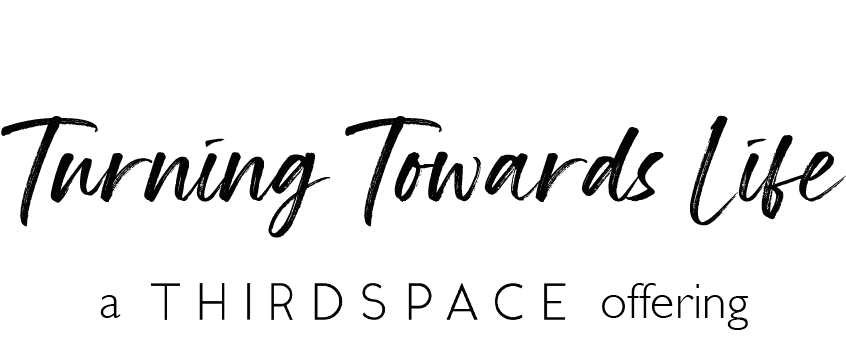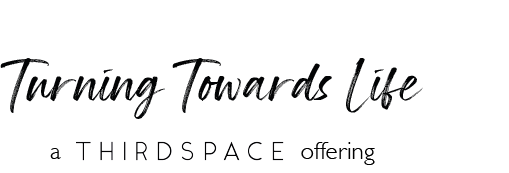A Kind of Attention, Episode 295
The kind of attention we bring to the world can enslave, reduce or destroy us and others, or support us, and them, in flourishing. It particularly matters when we have any kind of power or influence - for example when we’re a parent, or a leader, a coach, in a partnership of any kind.
But we're rarely taught anything about this, because it's not largely in the interest of the systems around us to have us cultivate the broad open attention that brings out meaning and richness from others and the world. So what can we do to start to pay attention to the kind of attention we're bringing life? And how can we cultivate the very attention that evokes the depth and possibility of what and how is around us?
This week's Turning Towards Life is hosted, as always, by Lizzie Winn and Justin Wise of Thirdspace.
Here’s our source for this week:
A Kind of Attention
Everything that exists is made up of the same set of particles – what makes the difference between you, a tree, and a boiled egg is just the relationship of the particles to one another. The meaning comes not from the particles, the bits, which are in themselves undifferentiated, meaningless, but from the relationship between them. The most moving piece of music you ever heard is just a collection of meaningless notes from one point of view: from the other the meaning arises from the relationship, which makes the melody, the harmony and so on. And so it is with everything in life we value: its meaning comes from relationship – with your loved ones, the place where you belong, your friends, the natural world itself, a work of art, a poem or a symphony. It all lies in relationships, not in things themselves. When we see the world with targeted, narrow beam attention it is just a meaningless heap of things to be grabbed. When we see the world as a whole with broad open attention its meaning and richness come to meet us ...
When Hamlet said: ‘There is nothing either good or bad, but thinking makes it so’, he didn’t mean that we can make up our own ethics as we go along. I believe what he meant was that how you choose to think of, to regard, attend to, anything in this world is a moral act, because it changes what it is you find there – and it changes you yourself. A certain attitude, a kind of attention to others and the world at large, can make you, and them, and the world flourish; another kind can enslave, reduce and destroy everything around us, all the good we live for.
Iain McGilchrist
Photo by Patrick Hendry on Unsplash

